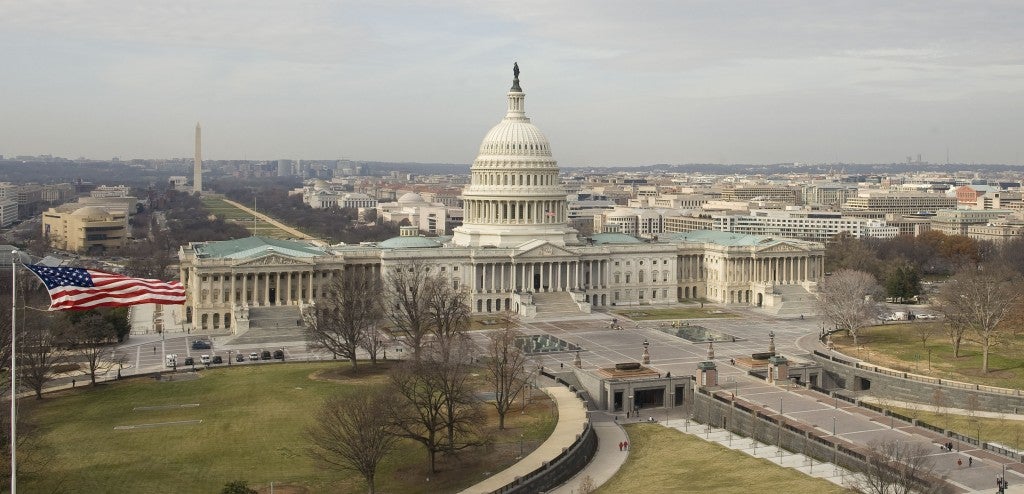House Committee Holds Hearing to Advance RESTORE Act
By Whit Remer, Environmental Defense Fund
On Wednesday, the House Transportation and Infrastructure (T&I) Committee held a hearing on the RESTORE Act (H.R. 3096), a bill that would ensure that fines paid by BP and the other parties responsible for last year’s Gulf oil spill are used to support both environmental and economic restoration in the region. Rep. John Mica (R-FL) Chairman of the T&I Committee held the hearing to “hear everyone out in an open forum.” Rep. Mica said that while he represents Florida’s 7th District, his role as chairman is to represent “the people of the United States.”
Fortunately for the Chairman, this week Duke University released a report concluding the Gulf oil spill fines could kick start the launch of a long-term investment in ecosystem restoration and create jobs that would benefit at least 140 businesses with nearly 400 employee locations in 37 states.
Five Gulf Coast Representatives testified on the first panel: Pete Olson (R-TX), Jeff Miller (R-FL), Steve Palazzo (R-MS), Jo Bonner (R-AL) and Steve Scalise (R-LA). All five are co-sponsors of the bill and urged their fellow Congressmen to support and pass the bill.
The second panel included government officials from The U.S. Coast Guard and National Oceanic and Atmospheric Administration (NOAA). Craig Bennett of the National Pollution Fund Center/U.S. Coast Guard was generally supportive of the bill. His testimony focused mainly on how the RESTORE Act would affect the Oil Spill Liability Trust Fund (OSLTF). Under existing law, Clean Water Act penalty money goes to the OSLTF and to the U.S. Treasury. The RESTORE Act would still send 20 percent (potentially billions of dollars) to the OSLTF, but would make the rest of the penalty money available for environmental and economic restoration in the Gulf.
Tony Penn of NOAA was also supportive of sending a portion of CWA penalties to the Gulf, but when asked by Rep. Jeff Landry (R-LA) to clarify what percentage of penalty money the Administration supported, Mr. Penn responded that he was not “in a position to speak officially for the Administration.” This surprised Mr. Landry a bit considering the officials were there, in fact, to deliver the government’s position on the bill. In the end, both men agreed the Administration supported sending “a signification portion” of Clean Water Act penalties to the Gulf.
The third panel included witnesses from various Gulf Coast entities:
- Garrett Graves, chairman, Coastal Protection and Restoration Authority of Louisiana
- Robert Craft, mayor, City of Gulf Shores, Ala.
- Bill Williams, commissioner, Gulf County, Fla.
- Julian MacQueen, CEO, Innisfree Hotels Inc.
- Robert Weisberg, professor of physical oceanography, University of South Florida
- Mike Voisin, Motivatit Seafoods
Garrett Graves, chairman of Louisiana’s Coastal Protection and Restoration Authority, used his time to clarify some concerns members had regarding the reduced flow of money into the OSLTF. Garrett pointed out that the OSLTF was never meant to fund the full costs of cleanup, but rather was designed to be a “gap-filler.” Garrett also addressed the question of whether using CWA fines for restoration was duplicative of the Natural Resource Damage Assessment (NRDA) process. He rightfully responded that CWA restoration is complimentary to the NRDA process.
The hearing was a step in the right direction in the House, and we await further action in the House. Co-sponsors in the Senate are working hard to gain the support of their colleagues to move it through the Senate as a whole. Tell your Congressman to support and pass the RESTORE Act!
